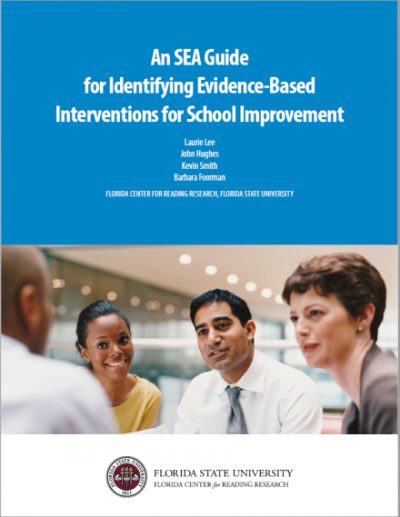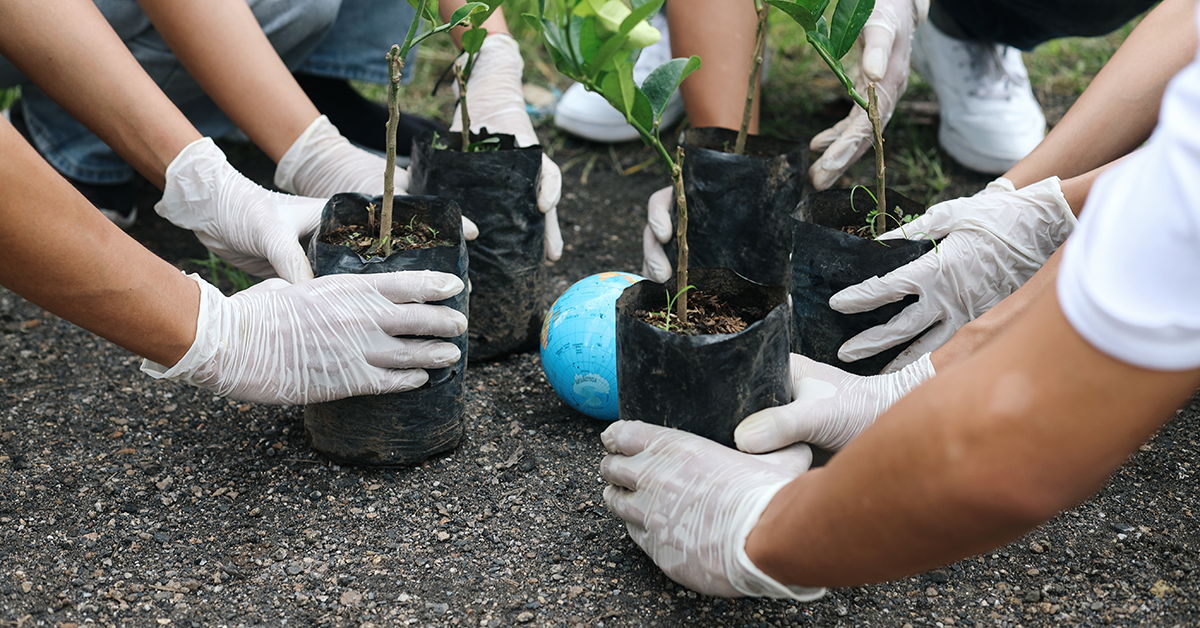ESSA mandates
State education agencies and local education agencies are charged with implementing Every Student Succeeds Act, with states being asked to ensure that local agencies are implementing evidence-based strategies, activities and interventions.







